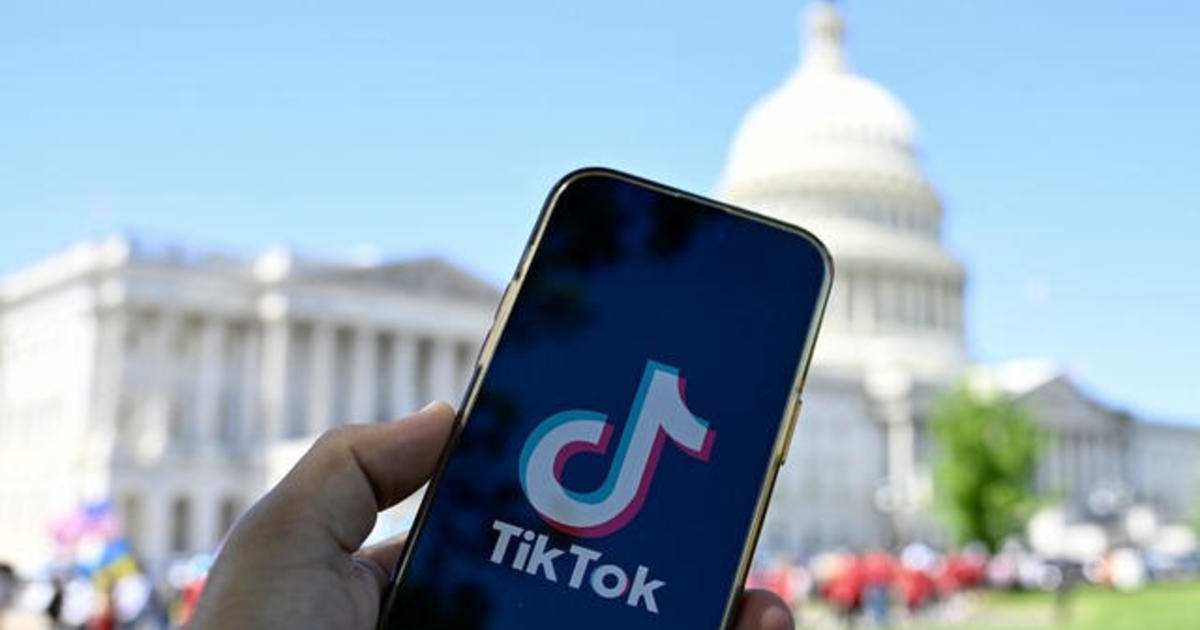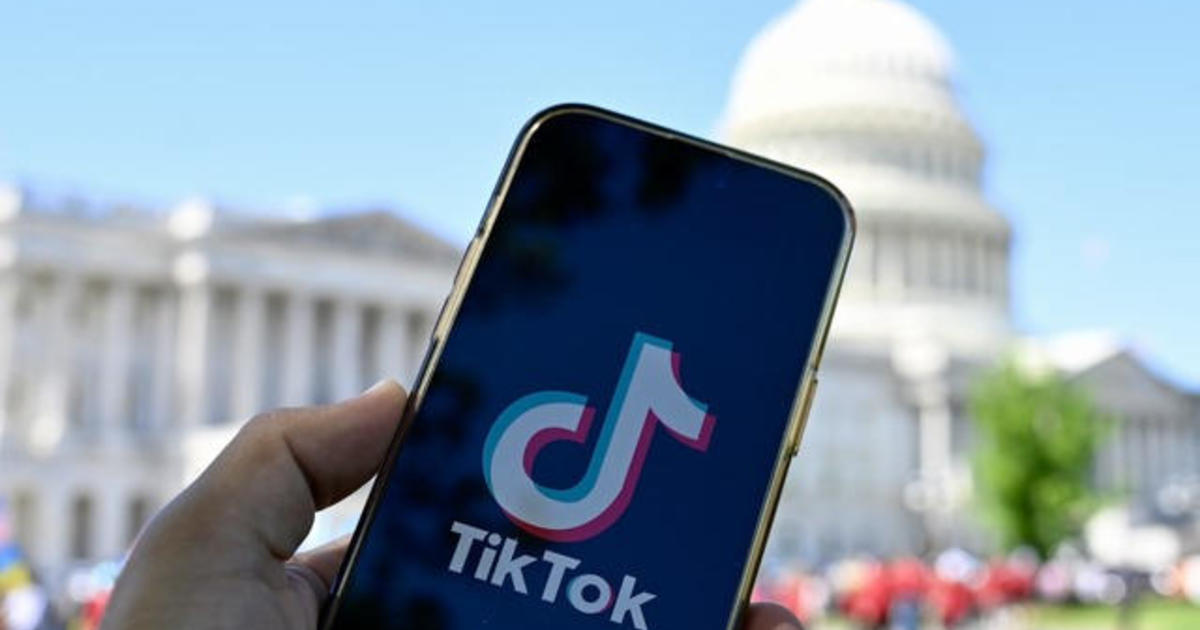"Child care cliff" is days away as fed funding expires. Millions could lose child care, experts say.
The U.S. is heading for a "child care cliff" with the expiration of pandemic emergency relief funds that had helped thousands of child care centers pay their staff, upgrade facilities and help keep costs lower for parents.
After the funding expires on September 30, as many as 70,000 child care centers could be at risk of closing with as many as 3.2 million children losing their spots, according to one forecast.
The soon-to-expire funding stems from the American Rescue Plan Act (ARPA), the $1.9 trillion stimulus plan signed into law by President Joe Biden in 2021. Almost $40 billion was directed toward the child care industry, aiding a sector that typically receives little support from the federal government.
That funding allowed child care operators to stabilize their businesses during the crisis, partly by increasing pay for their workers and keeping them from leaving for higher-paying jobs — an issue when many competing employers have been ramping up their pay to attract new hires in a tight job market. But some child care centers also used the funds to keep prices lower for parents, many of whom are already struggling to pay for care that on average costs $15,000 a year for one child, or a 53% increase from a decade ago, according to Care.com.
"We know that the money worked — over 220,000 child care programs received funds," Julie Kashen, senior fellow and director for women's economic justice at The Century Foundation, told CBS MoneyWatch. "It was exactly the lifeline needed."
She added, "It was the first time the federal government has spent that much money in securing the child care sector. That demonstrated to us that when we do that, it makes a huge difference."
But without the funding, Kashen estimates a ripple effect will cause 70,000 child care centers to close, risking coverage for 3.2 million children. That, in turn, could impact the ability of millions of parents to continue working, and could ultimately cost them $9 billion in lost earnings, she said.
"A broken business model"
At the heart of the issue is the question of the role of federal government in supporting child care, as well as whether boosting support could help parents who want to work but need to step back or cut their hours because of the cost of early childhood programs.
Other wealthy countries spend about $14,000 a year per child on child care, whereas the U.S. spends about $500 per child annually, Kashen noted. The difference can be seen between the U.S. and Denmark, where the latter country guarantees child care to children over 6 months old, with the government paying for 75% of costs.
In Kashens' view, it's no coincidence that share of women in the U.S. workforce has recently hit record highs, a trend she attributes to the ARPA funds supporting child care centers.
"If we don't have child care, we can't necessarily have everyone who wants to work working," she noted. "The child care sector has been more stable now than in the past, and that has made a big difference in supporting mothers' employment."
The end of the ARPA funds "will bring us back to the fact that we had a broken business model before the pandemic," noted Susan Gale Perry, the CEO of Child Care Aware of America, a national network of more than 500 child care resource and referral agencies.
Perry added, "The biggest thing I'm hearing from child care businesses is, 'This funding is ending, and I'm in a position where I'm going to have to make a hard choice — one is having to increase fees for families. Another is to adjust wages or benefits downward'."
Raising fees
Among those programs bracing for the loss of the funding is the Greenway Learning Center in Greenbelt, Maryland, where director Patti Smith said she's worried some parents may not be able to pay the tuition after the funding ends.
"If the funding ends, unfortunately I don't think those parents will be able to pay our tuition. So those children will be without care," Smith told CBS News. "We may have to close the classrooms —hopefully not the center as a whole."
Another child care center, Amanda Cavaness of the Dr. Jerry Hamm Early Learning Center, said the ARPA funding allowed her school to make major upgrades that were long-overdue, such as putting in a new fire alarm, as well as provide more materials and toys for classrooms and students.
"We have always tried to enrich the program but it's out of our own pockets, so having that money was nice because the cost of living has gone up," she said. "People's raises aren't covering that."
Childcare Stabilization Act
Meanwhile, some federal lawmakers have proposed new funding to fill the gap when the ARPA funds expire, through the Childcare Stabilization Act. Introduced by Senators Patty Murray, a Democrat from Washington and Vermont independent Bernie Sanders as well as other lawmakers, the proposal would provide $16 billion in mandatory funding each year for the next five years.
Some lawmakers supporting the bill said they were driven by their own experiences paying for child care.
"My wife and I have a 13 month old son," said Representative Jimmy Gomez, a Democrat from California who is one of the bill's backers. "We're lucky because we have the resources — I have a good job that helps pay for it, but it's $2,600 a month. That is almost as much as my first mortgage of my house."
To be sure, it's unlikely that such a proposal, which isn't backed by any Republicans, will gain enough support to pass into law, given that the House is controlled by the GOP. But child care workers say their services support not only families, but the economy as a whole.
"I don't know how you put a price on it," Cavaness said. "This profession makes all other professions possible."
—With reporting by Nikole Killion.



